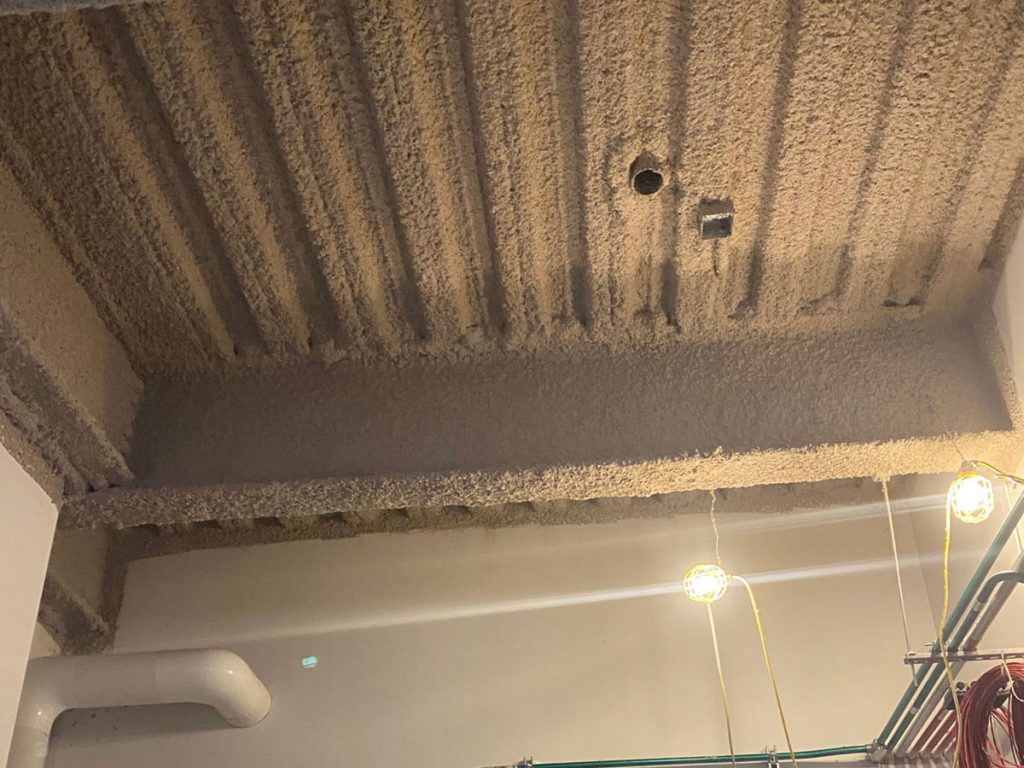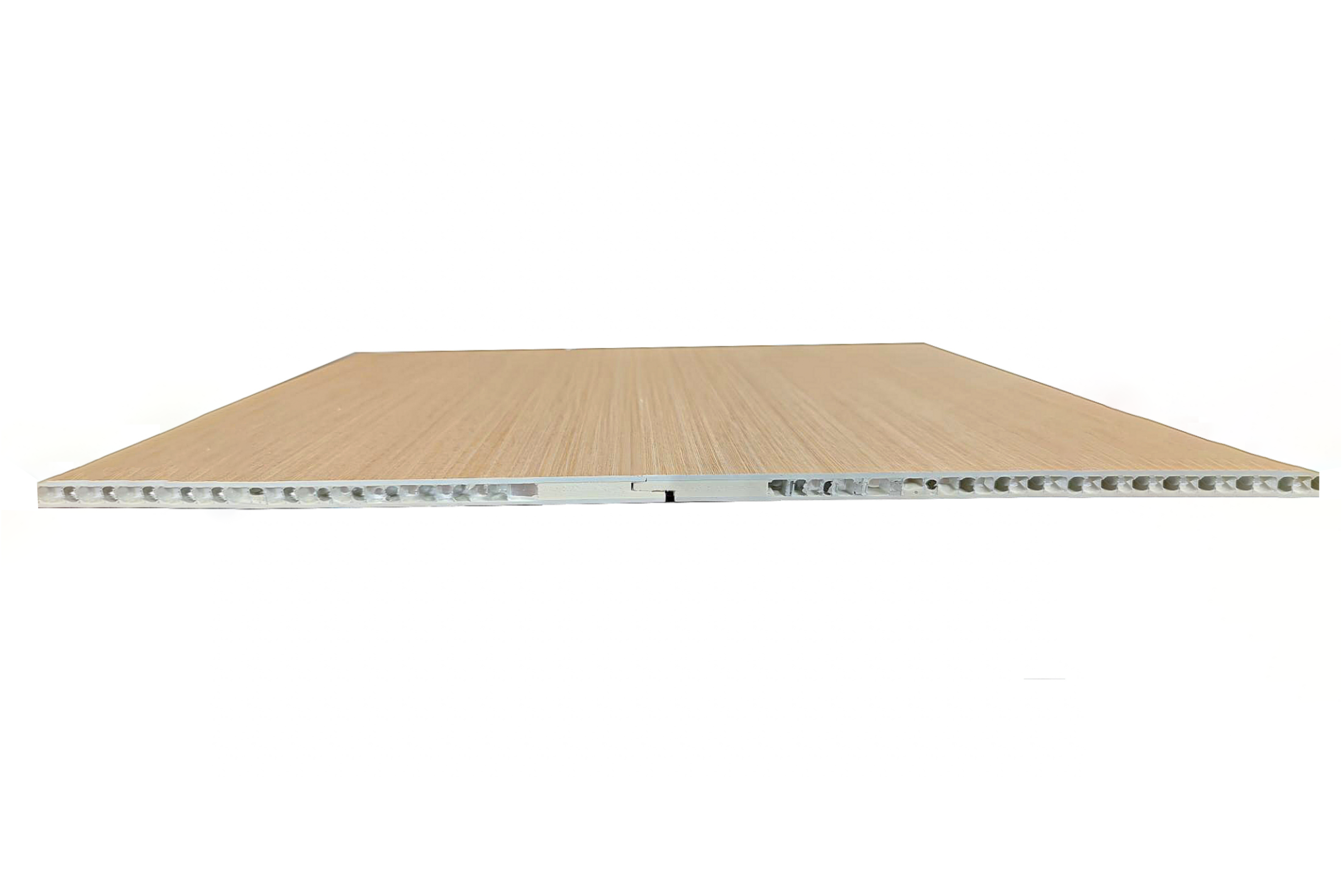The Ultimate Guide to Insulation: Exploring the Most Widely Used Type

Insulation plays a crucial role in maintaining comfortable indoor temperatures, reducing energy consumption, and enhancing overall building efficiency. With numerous insulation options available, it's essential to understand the most commonly used type. In this comprehensive guide, we will delve into the world of insulation and explore the key features, benefits, and applications of the most widely used type: spray foam insulation.
Section 1: Understanding Spray Foam Insulation
1.1 What is Spray Foam Insulation?
Spray foam insulation is a versatile and highly effective insulation material composed of two components: polyurethane foam and a foaming agent. When combined, these components create a foam that expands and hardens, forming an airtight barrier.
1.2 Key Features and Advantages
- Superior Insulating Properties: Spray foam insulation boasts exceptional thermal resistance, minimizing heat transfer and reducing energy loss.
- Air Sealing Abilities: Its expanding nature allows spray foam to fill gaps, cracks, and voids, creating a seamless and airtight barrier against air infiltration.
- Moisture Barrier: Spray foam insulation acts as a moisture barrier, preventing the entry of water vapor and reducing the risk of mold and mildew growth.
- Noise Reduction: The dense structure of spray foam helps to minimize sound transmission, enhancing acoustic insulation.
- Longevity: When properly installed, spray foam insulation can last for several decades without significant degradation.
Section 2: Applications of Spray Foam Insulation
2.1 Residential Applications
- Attic Insulation: Spray foam insulation is commonly used in attics to create a thermal barrier, preventing heat loss or gain.
- Wall Insulation: It can be applied within wall cavities, providing excellent insulation and reducing energy consumption.
- Basement and Crawl Space Insulation: Spray foam insulation helps to seal and insulate these areas, preventing moisture intrusion and enhancing energy efficiency.
2.2 Commercial and Industrial Applications
- Roofing Systems: Spray foam insulation is often used in commercial roofing applications, providing insulation and waterproofing in a single solution.
- HVAC Duct Insulation: It helps to minimize energy losses in ductwork, improving overall system efficiency.
- Cold Storage Facilities: Spray foam insulation is ideal for maintaining temperature-controlled environments, such as refrigerated warehouses.
Section 3: Considerations and Installation Process
3.1 Cost Considerations
- While spray foam insulation offers numerous benefits, it tends to be more expensive upfront compared to other insulation types. However, its long-term energy savings can offset the initial investment.
3.2 Professional Installation
- Due to the specialized equipment and expertise required, it is recommended to hire a professional insulation contractor for spray foam installation.
- The installation process involves the precise mixing and application of the foam, ensuring proper coverage and adhesion.
Conclusion:
Spray foam insulation stands out as the most commonly used type of insulation due to its exceptional insulating properties, air sealing abilities, and longevity. Its versatility makes it suitable for various residential, commercial, and industrial applications. While the initial cost may be higher, the long-term energy savings and benefits make it a worthwhile investment. By choosing spray foam insulation, you can enhance energy efficiency, improve indoor comfort, and contribute to a sustainable future.

